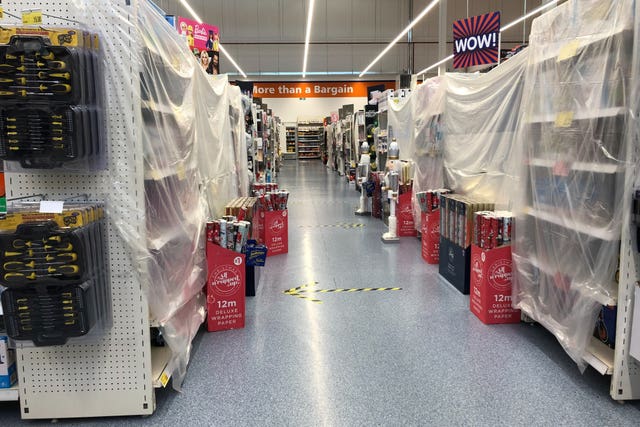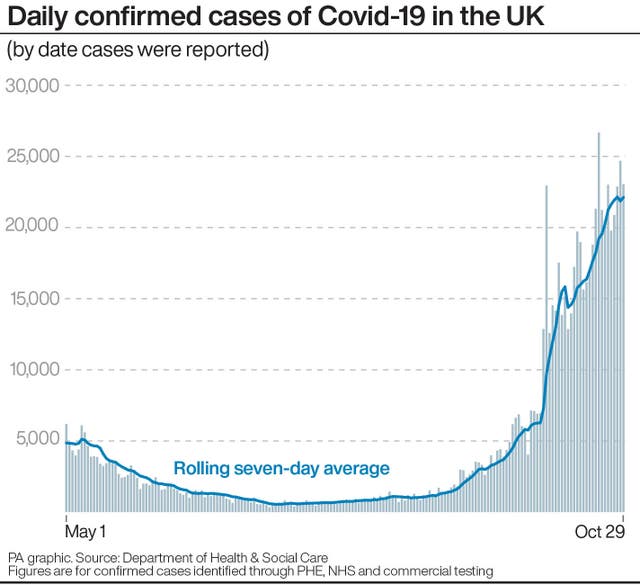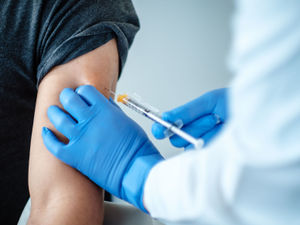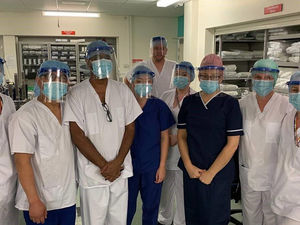Mark Drakeford: Wales will ditch local lockdowns for ‘simpler’ national measures
The First Minister admitted the localised restrictions “didn’t work well enough” to curb the spread of the virus.
Wales will adopt a “simpler” set of national coronavirus restrictions following the country’s firebreak lockdown, the First Minister has said.
Mark Drakeford admitted the series of local lockdowns he previously imposed across the country during the autumn “didn’t work well enough” to curb the spread of the virus.
The new rules would also be “easier for everybody to understand” after confusion over the Welsh Government’s ban on the sale of non-essential items in supermarkets, he said.

Mr Drakeford said the national measures, which will come into force when the firebreak ends after November 9, would balance “maximum protection” from Covid-19 with “as much freedom” as possible.
He told the Welsh Government’s Covid-19 briefing in Cardiff: “We will put in place a simpler set of national rules that are easier for everybody to understand, to help keep us safe and keep the virus under control.
“We’ve been working hard to create this new set of measures that we can all live with this winter.
“If the new measures are to work, we all have to act in ways that live up to the public health emergency we are facing together.
“Please do not treat the new rules as though they were a game in which the challenge is always to stretch them to the limit.”

He added that ministers are finalising the national set of measures and he will provide the “full details” on Monday.
Mr Drakeford’s announcement came after UK Foreign Secretary Dominic Raab said that England was “striving” to avoid issuing blanket restrictions nationwide. Speaking on Thursday, Mr Raab insisted that more targeted measures could slow the growth in cases.
Asked why Wales would not return to the local lockdown system, Mr Drakeford said: “It’s not that they didn’t work. It’s that they didn’t work well enough to withstand the onslaught that we have seen from the virus over the last six weeks.
“They undoubtedly have helped, and all the efforts that people have made in those areas have kept the virus at a lower level in Wales than would otherwise have been the case.”
Mr Drakeford said people on low incomes would be supported by two schemes when they are asked to self-isolate due to a positive test, or when asked to do so by contact tracing teams.
These will be a top-up to statutory sick pay for all social care staff, including personal assistants, and a £500 self-isolation support payment for people on low incomes.
Regulations will also be strengthened to include a new offence of knowingly giving false information to contact tracers, a new duty to self-isolate, and a duty for employers to ensure they cannot “prevent an employee from following the advice to self-isolate”.
Shops, bars, restaurants and gyms will all reopen when the national measures come into force, Mr Drakeford confirmed, while pupils will return to schools, and churches and places of worship will resume services.
But a travel ban preventing people in areas of the UK with high levels of coronavirus from entering Wales could continue if incidence rates in England go on being much higher.
Mr Drakeford said: “If that remains the same, then we will expect to have a similar regime after November 9 as we had prior to October 23 because it just doesn’t make sense to add to the difficulties we already face by the virus being imported from elsewhere.”
Mr Drakeford told the press conference that the rate of Covid-19 in Wales had reached more than 220 cases per 100,000 people, while Merthyr Tydfil, currently with the worst incidence rate in Wales, is currently at more than 600 cases per 100,000.
Mr Drakeford said 1,191 people were also in hospital with coronavirus-related symptoms, 20% more than from the same point last week, and the highest amount since the end of April.
Public Health Wales said there had been a further 1,737 cases of Covid-19 diagnosed in Wales – the highest number of cases reported in a single day, in part due to an increase in testing – bringing the total number of confirmed cases to 49,571.
A further 11 deaths were also reported, with the total rising to 1,859.





